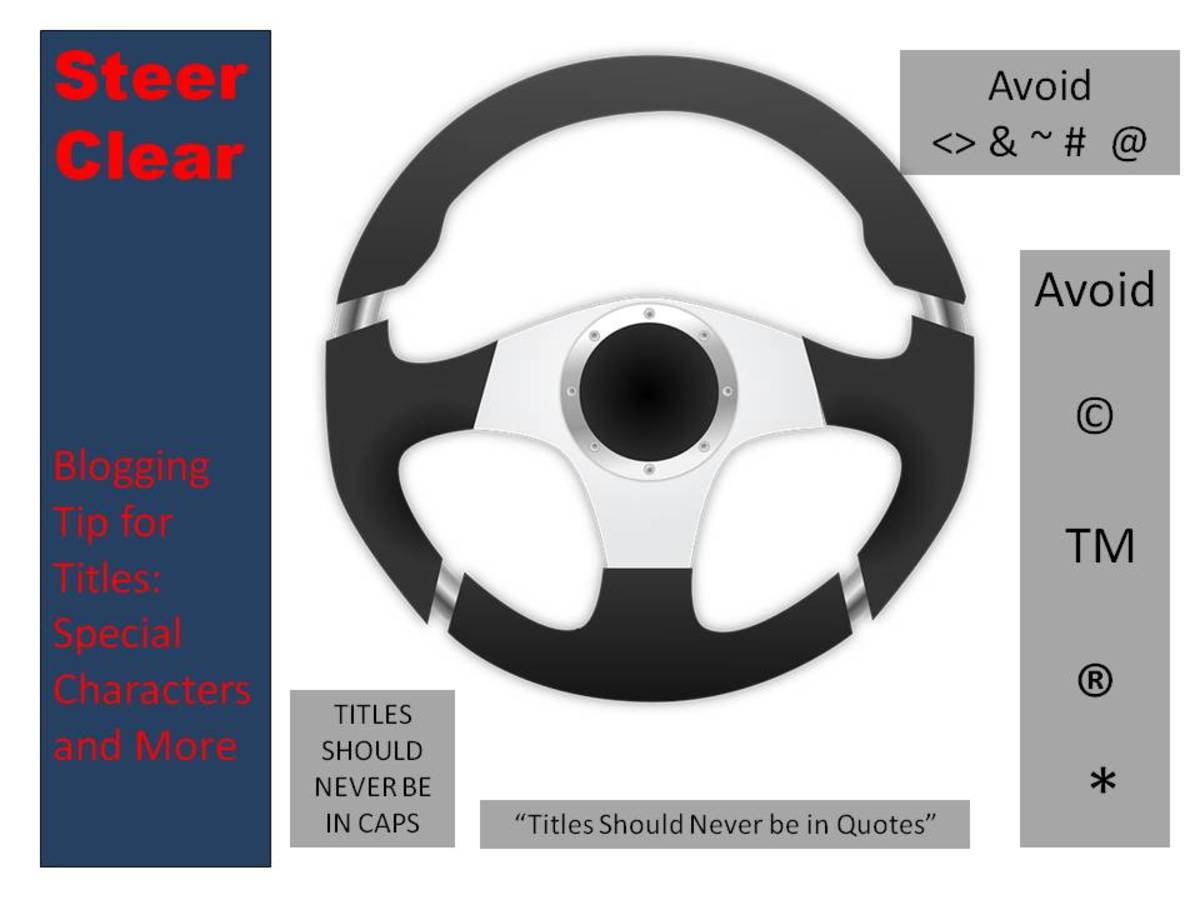SEO Strategies

SEO Strategies
SEO strategies come in all shapes and sizes. There are the tried and true promotional strategies, and there are the rank fast quick strategies - and everything in between. In this lens we are going to take a look at a number of strategies that can help you rank better in the search engines.
Our first look at an SEO strategy is a rank fast type of strategy. These guys are rankings sites in Google very very quickly for search terms that have good sized search volume. They do it with little more than a wordpress site and domain name. Whether this strategy will stand the test of time with regards to website ranking remains to be seen, but it is good food for thought!
The next set of strategies we are going to look at are tried and true strategies. These are strategies that not only are going to improve your website rankings, but also promote your site and business. Those are two different objectives, rankings and promoting, but they should go hand in hand!
For more information on how to do your own SEO, go download this free SEO guide.
Top Rankings in 3 Days
This is a great video about how this guy is able to get top rankings within Google in just days. The site has very little content, basically a picture, a link out and a title. Also, he is not building tons of links, he is just giving Google what they want and doing his keyword research. Check it out:

Five SEO Strategies
We are going to keep this short and sweet, jumping right in with our five SEO strategies:
1) Research your keywords. This may not sound sexy, nor may it sound like the best use of your time, but spending the time to properly research your keywords and targeting the correct ones will return great rewards in the long term.
Regardless of your SEO efforts, if you are not promoting the right keywords, you are destined to fail. Well, maybe not fail, but you will have to work much harder to achieve your results. Choose the right keywords, however, and all your SEO efforts will be maximized.
We gave a link above for our SEO guide, go download it for more information on keyword research - we devote an entire section to keyword research simply because it is that important.
2) Create a social media footprint. Social media has been growing by leaps and bounds, and if your company does not have a social media presence, you are doing yourself a disservice. Facebook and Twitter are two of the more well known social media platforms these days, but there are many others as well.
Simply creating accounts and bookmarking your pages can get you started. There are great services for this type of work as well that are very cost effective, you can visit this page for social bookmarking services if you want a fast, effective way to get a social media presence.
3) Start a blog. Blogs used to be a huge buzz, but that buzz has died down. It doesn't matter, it is a great way to get content out on the internet, and a great way to keep your information fresh. Anything related to your industry will work, try to post at least once a week. In addition, if you do your keyword research before each blog post, you can target a slightly different long tail keyword for each post and pick up some targeted traffic. For information on getting started if you are not tech savvy (you don't have to be, if you're reading this lens, you're qualified to be able to start your own blog), take a look at this post - creating a blog.
4) Choose a forum related to your field and participate in it. When you do, be sure you have a link to your site (using a keyword as anchor text) in your signature. Whatever your business, there is likely a forum related to it you can participate in. Not only will the signature link direct some traffic to your site, but it will carry some weight as well, as all of the links will be from pages of a highly related subject matter with regards to your business.
5) Sign up for Squidoo and start creating lenses. This is similar to blogging, but gives you another platform to put your content out. Search engines love Squidoo, and if you create quality content, people will read it. You can build links to your main site from your lenses, plus you can pick up some direct traffic. Again, be sure to do your keyword research for each lens you create, targeting some lower competition or long tail keywords.
Good luck! Again, for more information, go download our Free SEO report.








